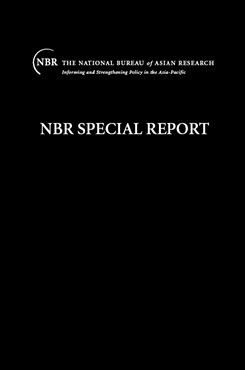Economic Ties in the Evolving U.S.-South Korea Relationship
The economic relationship between the United States and South Korea—characterized by increasing intra-industry trade, rising services trade, expanding inter-corporate penetration, and growing foreign direct investment (FDI)—appears to be evolving towards something more like the relationships that the United States maintains with most other OECD countries. This expansion of bilateral interdependence, however, is not without its irritants.
Marcus Noland feels that the economic relationship between the United States and South Korea—characterized by increasing intra-industry trade, rising services trade, expanding inter-corporate penetration, and growing foreign direct investment (FDI)—appears to be evolving towards something more like the relationships that the United States maintains with most other OECD countries. This expansion of bilateral interdependence, however, is not without its irritants. The motor vehicle and steel sectors remain perennial problems. Antidumping practices in the United States and capital channeling in South Korea are also sources of ongoing disputes. Additionally, Noland describes the declining relative importance of the two countries in each other’s global trade relationships. The net result may well be a relative decoupling of interests that could reinforce the widening strategic differences between the two historic allies, especially if South Koreans come to regard China and Japan as acting more constructively than the United States with regard to North Korea.


